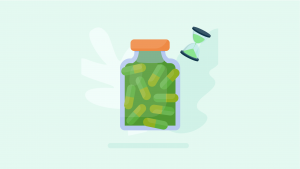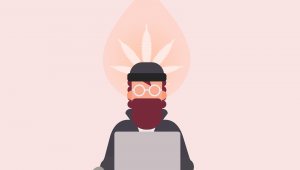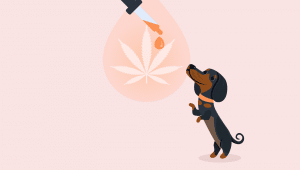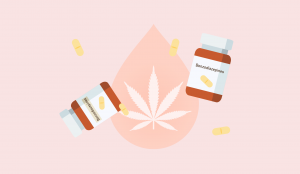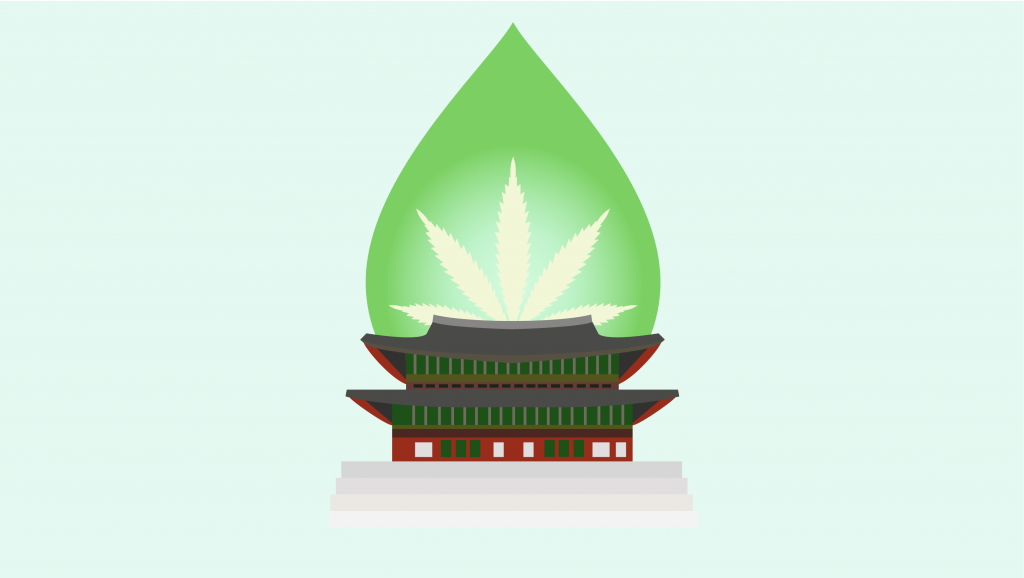
South Korea had a long relationship with cannabis before it was banned. In ancient times, Koreans had many uses for the cannabis plant — they even have a deity that protected their cannabis fields.
However, human greed and politics have (almost) led to the downfall of South Korea’s hemp industry.
Today, hemp is subject to strict regulations — getting caught with marijuana in South Korea is not a position you’d like to find yourself. When it comes to CBD, laws were almost as harsh as those on marijuana. At the end of 2018, the South Korean government finally approved the medical use of CBD — but the road remains rocky on the subject.
In this crash course, we’ll bring you closer to the current rules on CBD in South Korea, and we’ll take a look at how you can obtain a permit to use medical CBD.
Let’s begin!
Summary: Buying CBD in South Korea
- CBD in South Korea is legal only for medical purposes — you need a doctors prescription before you can order CBD products
- CBD is controlled by the Ministry of Food and Drug Safety (MFDS)
- You’re not allowed to buy or import CBD on your own (yet)
- You must obtain a letter from your doctor that explains your condition before applying for a permit to the Korean Orphan Drug Center (KODC)
- There are only four types of CBD products available for medical use

A Brief History of Cannabis Laws in South Korea
Since ancient times, cannabis was an important commodity for Koreans. Hemp was grown for domestic use and traded with Japan and China for centuries. Koreans used hemp for weaving, clothing, netting, rope, and medicine.
The durable fabric made of hemp served as a material for the famous traditional Korean dress hanbok, and hemp seeds were used as a laxative.
Koreans also used hemp for paper making — Buddhist writings were of great value and had to be written on high-quality paper.
The Koreans treated cannabis as a sacred plant, and they had a deity that was considered to be the protector of harvest. The deity — called Magu — represented the importance of cannabis in Korean agriculture.
During the Japanese rule in Korea in the 20th century, the Japanese government encouraged hemp cultivation, and Koreans continued to grow and use the plant.
Cannabis remained legal even after the Second World War, but marijuana use was strictly regulated. The separation of the Korean peninsula into two separate countries and the interference of foreign forces later brought new rules.
Both hemp and marijuana (cherished by many artists and musicians) were used until 1976 when the South Korean president Park Chung-hee introduced the Cannabis Control Act. Under the new law, marijuana was entirely outlawed, and the hemp industry fell under strict control.
Things haven’t changed much since then. Today, South Korea allows hemp cultivation for fiber and seeds but frowns upon anything related to marijuana.
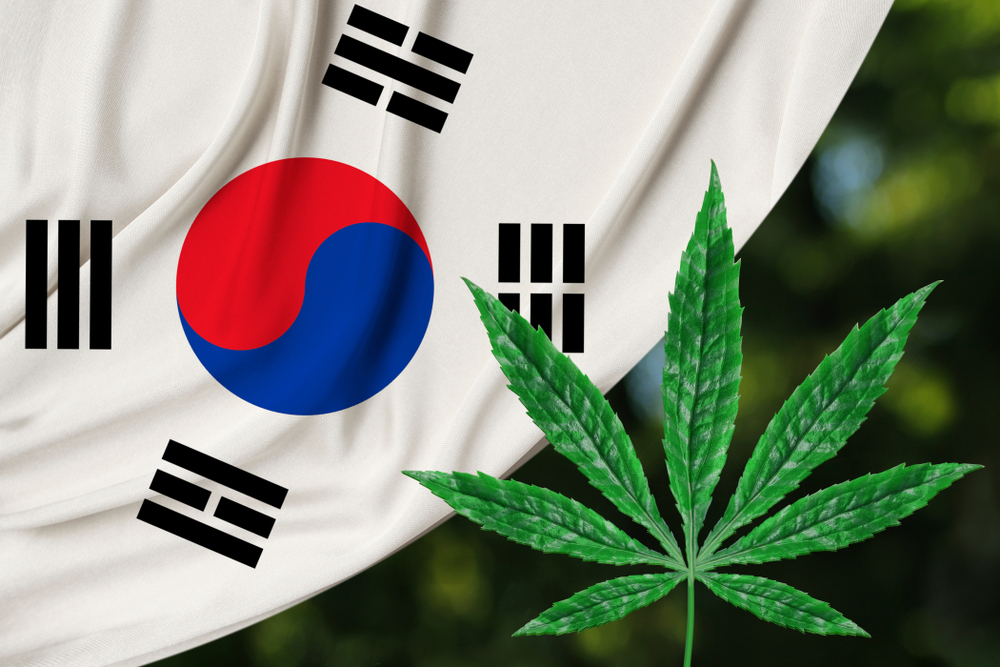
What is the Difference Between Hemp & Marijuana?
Throughout history, hemp has been associated with marijuana, and this confusion continues even today. It’s crucial to differentiate between these two plants.
Both hemp and marijuana belong to the Cannabis sativa species, but they differ in many ways — especially in their chemical makeup and purpose of use.
The first thing worth emphasizing is that the two plants have different THC concentrations. THC or tetrahydrocannabinol is one of the main compounds of cannabis, known for the psychoactive high it induces in marijuana users. Marijuana contains large amounts of THC — while hemp contains insignificant amounts of THC.
You can’t get high from hemp plants — there simply isn’t enough THC to have any effect.
Unlike most Western countries, where marijuana and hemp are differentiated based on their THC levels — marijuana is cannabis with more than 0.3% THC (or 0.2% in Europe), and hemp is cannabis with THC levels below that — South Korea places both the plants under the same classification.
The South Korean Cannabis Control Act defines marijuana as the hemp plant (Cannabis sativa L.), its resin, and all the products made of hemp or its resin. However, the definition excludes hemp’s seeds and roots, the mature stalks, and all the products derived from them.
It’s likely South Korea will eventually update their cannabis laws to differentiate hemp from marijuana — like the rest of the developed world. Until then, all cannabis plants are considered to be the same plant in the eyes of South Korean lawmakers.
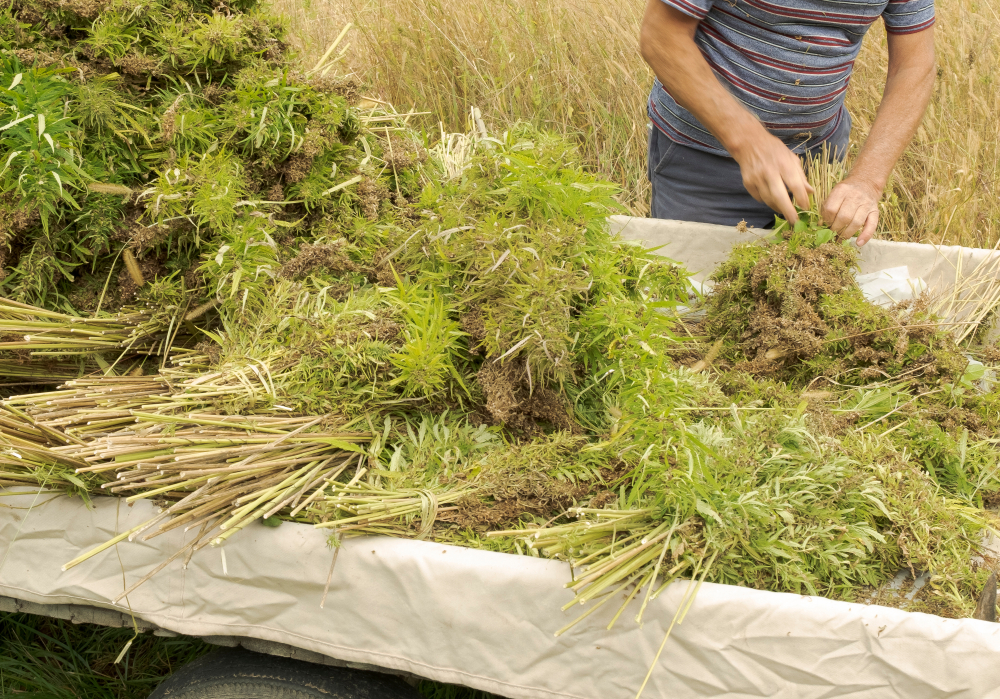
Is CBD Legal in South Korea?
South Korea practices stringent laws on CBD products, and only allows its use with a medical prescription.
The medical cannabis system of South Korea is controlled by the Ministry of Food and Drug Safety (MFDS) and the Korean Orphan Drug Center (KODC). The KODC is a government body that facilitates access to rare medicines, and together with the MFDS, they decide if a patient is eligible to import and use a specific CBD medicine.
You can’t buy CBD in South Korea without the permission of these authorities — doing so would be a severe violation of the law.
Don’t risk importing or buying CBD without an official permit. The law enforcement in South Korea is rigid, and you could end up in prison for up to five years, or pay a hefty fine of ₩100,000 to ₩200,000 ($90,000 to $100,000).
Let’s see how you can obtain permission to purchase CBD for your medical condition.
How to Obtain a Permit for Medical CBD in South Korea
The process of obtaining a permit for medical CBD in South Korea includes three steps, and it can take time due to administrative matters.
Here’s what you need to do to apply for a permit.
1. Visit a Doctor That Will Give You a Medical Diagnosis
Before you apply for a permit to import medical CBD, you must visit a doctor. They should examine you to confirm your medical condition and provide you with a letter that you’ll use to apply for authorization to buy a CBD-based medicine.
You’re may be eligible if you have one of the following health conditions:
- Epilepsy
- Multiple sclerosis (MS)
- Cancer (nausea and vomiting)
- AIDS
2. Submit Your Application to the KODC
After the doctor gives you the necessary papers, send the documents to the KODC along with your medical records. You’ll also need a note from your physician stating that no other medicine is effective for your medical condition.
You can fax, mail, or attach the documents on the online application.
3. Wait for Approval
Once your request is reviewed and approved by the authority (KODC), they will import the drug for you. Approval times can take anywhere from a few weeks, to a few months.
Currently, there are only four available CBD-based medicines: Sativex, Epidiolex, Marinol, and Cesamet. Due to the limited choice of approved medicines, many patients don’t have access to medical cannabis.
Many experts believe the list of approves CBD suppliers will grow to include non-pharmaceutical CBD products such as CBD oils, capsules, or tinctures in the near future in order to give more people access to the compound.
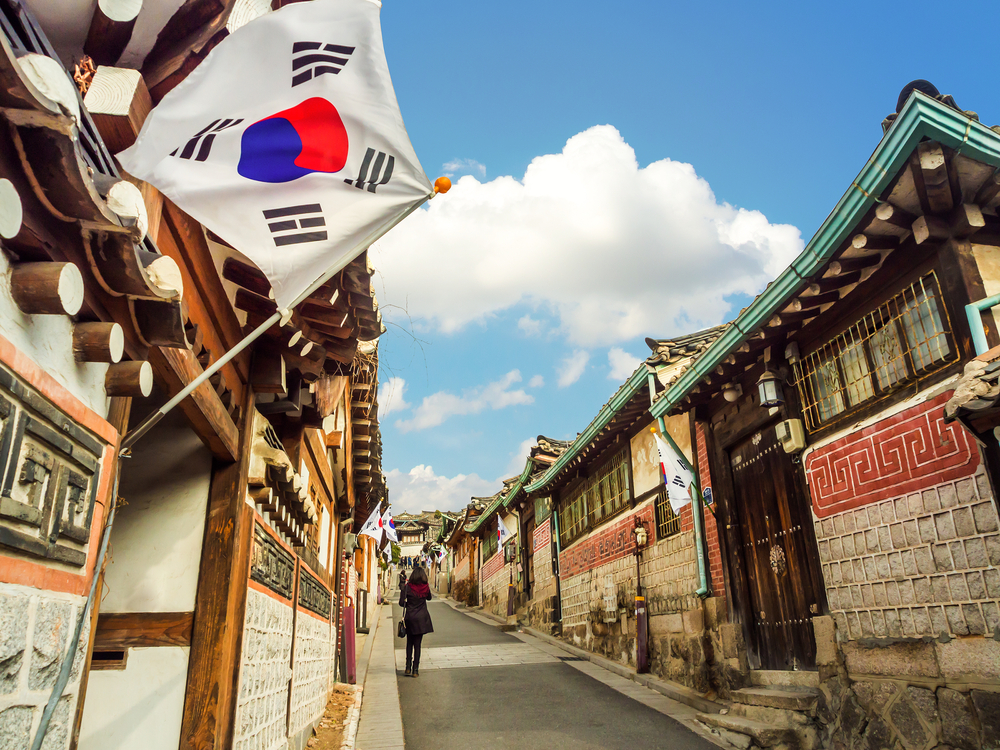
How to Buy CBD Products in South Korea [Legally]
South Korea is the first East Asian country to legalize medical cannabis, but laws are very strict, and you should respect them to avoid any legal trouble.
The only way to import CBD to South Korea is through the KODC.
In other countries with similar laws — such as Portugal and Brazil — patients have the option to buy their own medical cannabis products online.
In Portugal, it’s enough to obtain a medical prescription from a doctor, and then you can buy CBD from a licensed pharmacy. However, South Korea’s situation is closer to Brazil’s medical cannabis system — the main regulatory body supervises imports, and you can’t import CBD without their permission.
There’s not much else to be said. You shouldn’t try to buy CBD from local sellers that operate illegally, and you shouldn’t import CBD on your own under any circumstances.
CBD laws in South Korea are likely to change soon and you’ll be able to shop for more CBD products online in the near future.
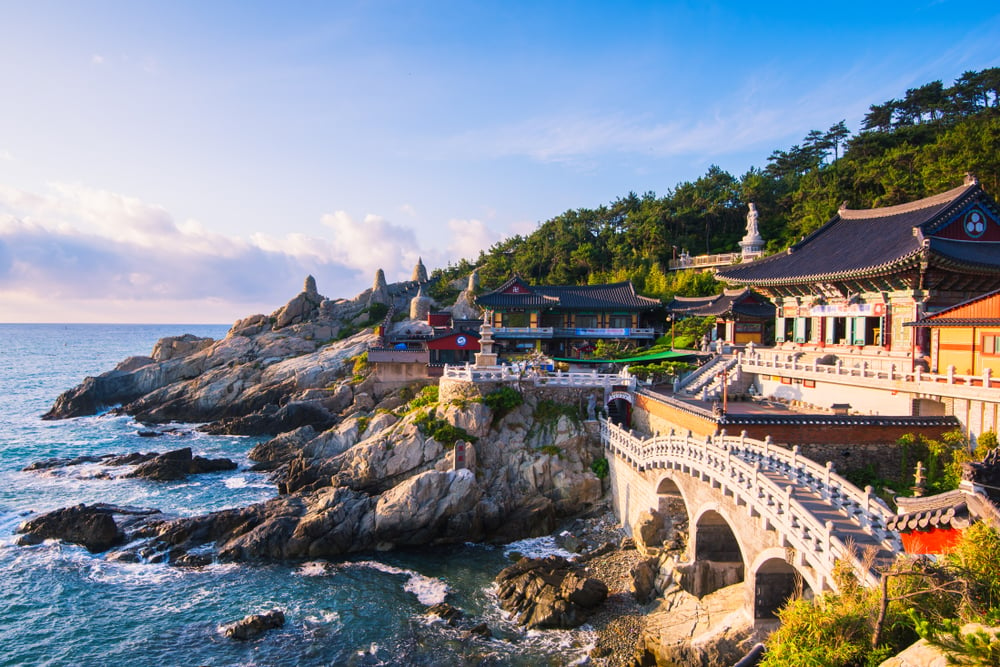
Final Notes on Importing Medical CBD to South Korea
South Korea is among the strictest countries that have legalized medical CBD. The government took the responsibility to build a secure medical cannabis system, and they want to have complete control over things to prevent illegal imports.
We know that many limits impede your access to CBD, including the poor choice of available medicines and the narrow list of eligible medical conditions. However, it would be best if you didn’t risk trouble with the authorities — many people have tried to import CBD, and they all have received severe penalties.
If you suffer from one of the four eligible medical conditions, please visit your doctor and apply for CBD through the MFDS and KODC.
If the authorities make any change in the law and approve more CBD-based medicines for import, we’ll let you know.
Good luck!

